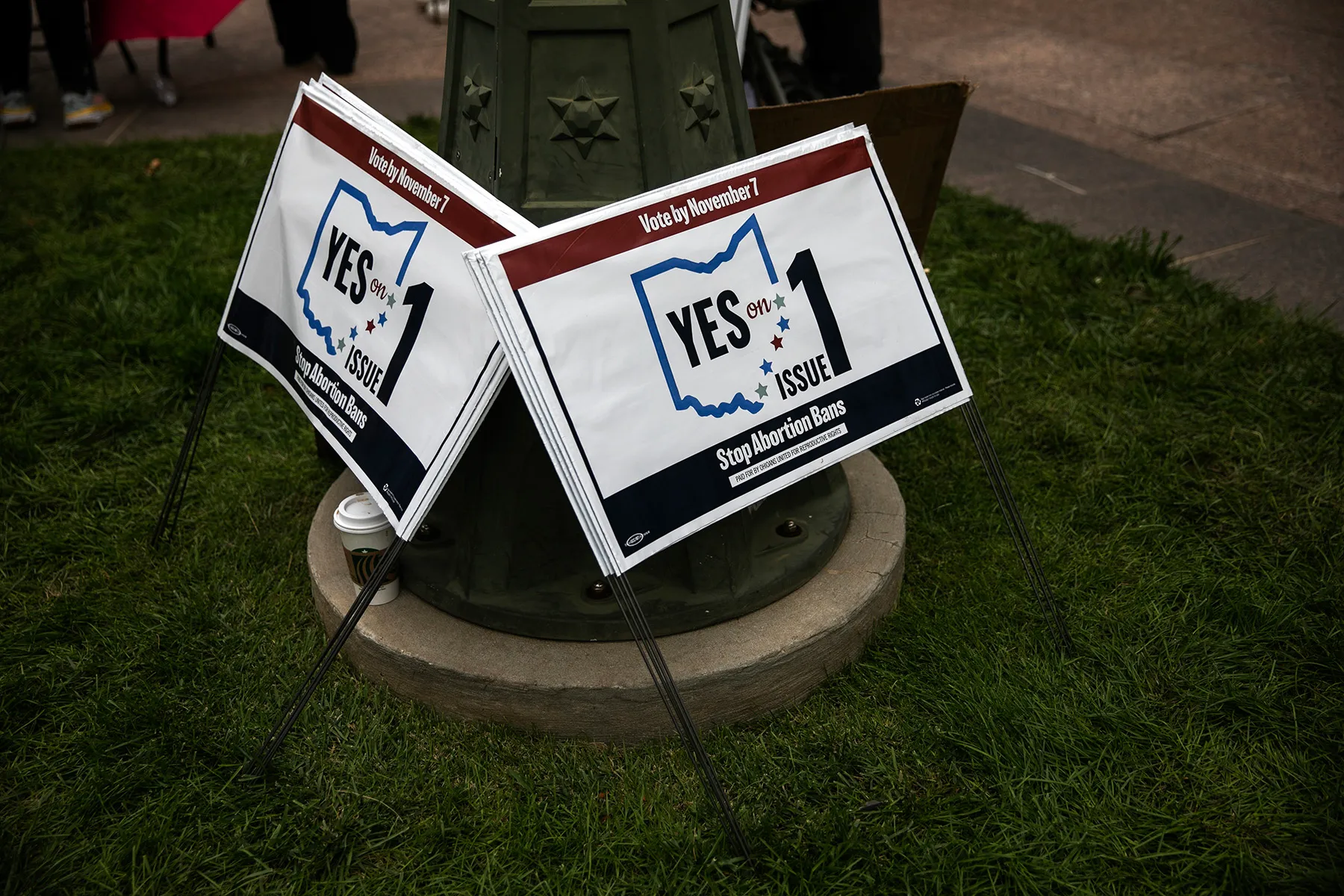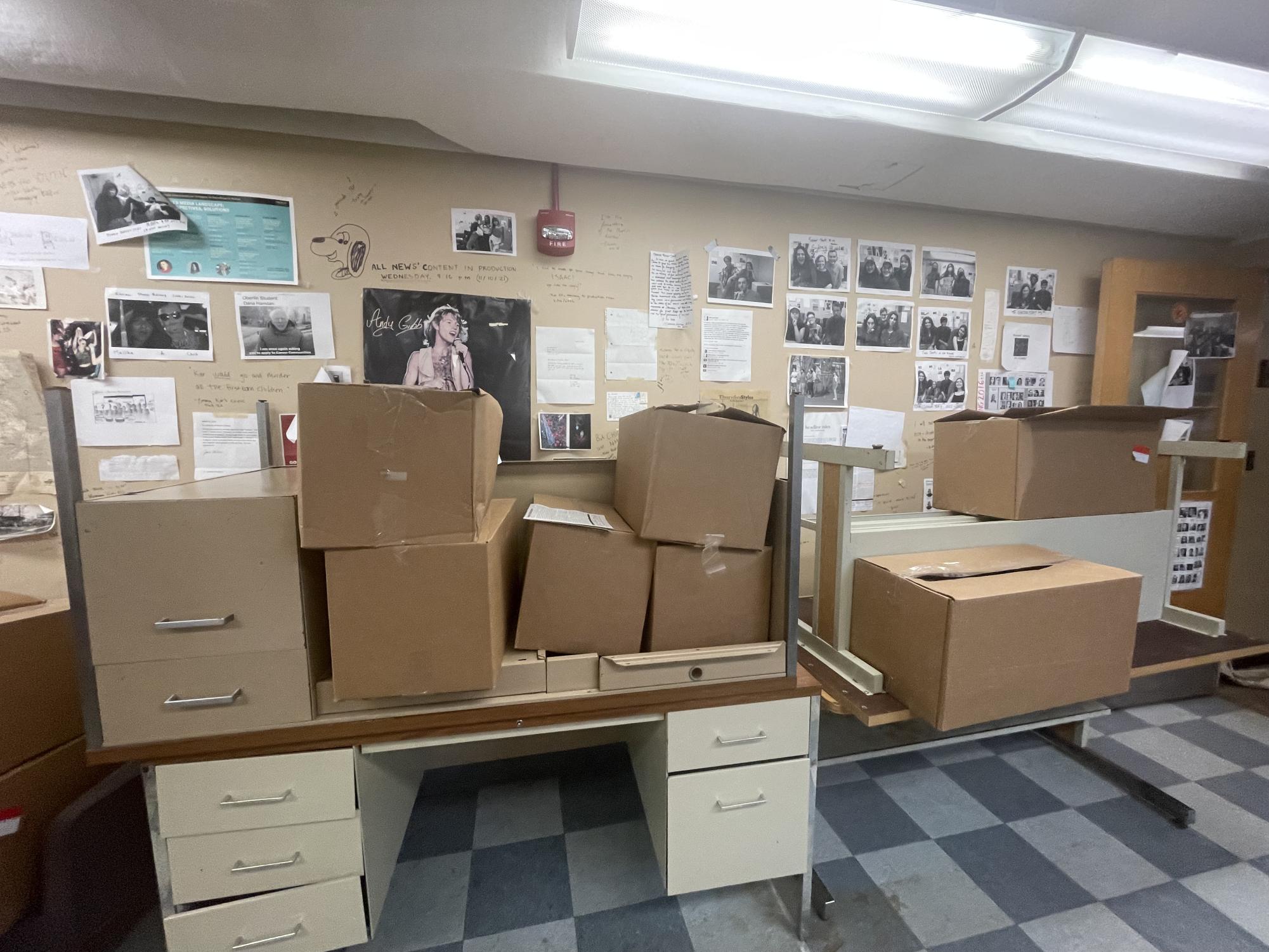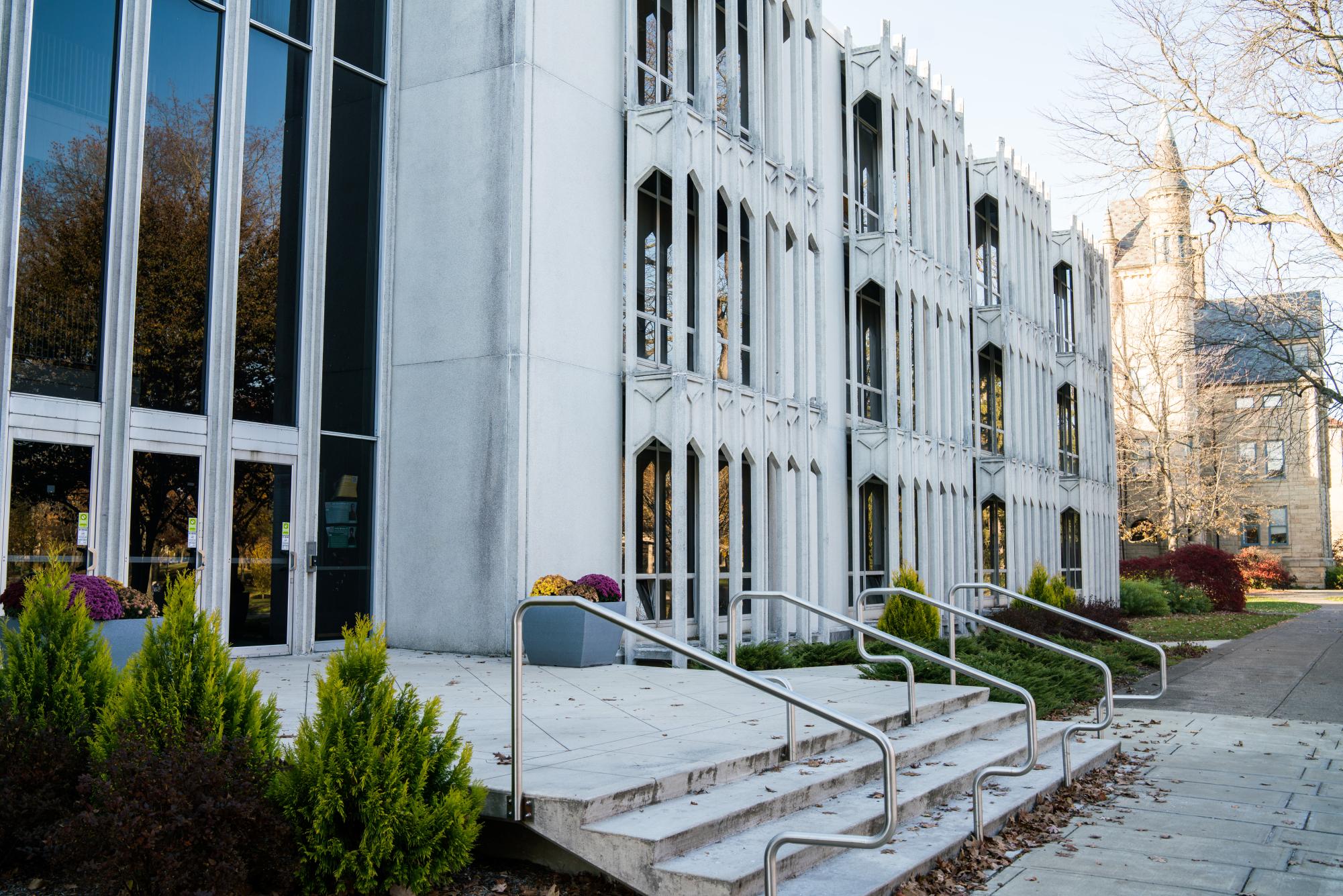Criticism of Oberlin Testament to Care for Community
There’s a lot of conversation, both on campus and off, about the ways in which Oberlin falls short. From the outside, people claim that Oberlin indoctrinates young students in an ultra-liberal ideology so detached from the “real world” that students emerge too sensitive to function in normal society.
Even among students, this is a fraught debate. Some Obies believe that although Oberlin does not reflect the real world, it remains a better model for a just and equitable society than the one we currently live in. Yet we also recognize that Oberlin is a “fantasy world” where our every need is attended to and millions of dollars are spent to mold us into successful alumni who are supposed to “change the world.” Faculty engage us in discussion and push our thinking. A dedicated staff curates every element of what makes our life outside the classroom so enjoyable, from extracurricular programming to the food on our plates. Meanwhile, the administration works tirelessly to keep it all running.
It’s more than reasonable to argue that this meticulous care for our well-being does not prepare us for the real world. Perhaps the critics are right — we’re shooting ourselves in the foot, and the overwhelming resources dedicated to our success turn us into spoiled snowflakes who melt at the first sign of difficulty.
In the face of this criticism, however, the celebrations on campus last weekend offer what we believe to be the definitive rebuttal.
On Saturday, a couple hundred 2020 graduates returned to campus to celebrate a belated Commencement. Our old friends lined up under an overcast sky, and as the notes of “Pomp and Circumstance” rang out, they made their walk to join the ranks of thousands of Oberlin alumni who came before them — a full year and a half after finishing their degrees.
For current third- and fourth-years, seeing the 2020 graduates in town brings back memories of the mentorship we received from older, now graduated students. Their guidance, provided with care and honesty, fundamentally shaped who we are today. Seeing Obies who have navigated this “real world” for the past year and a half also reminds us of the value of what we learn here. These recent alums are pursuing careers in environmentalism, journalism, law, medicine, and a multitude of other fields that can contribute to creating a kinder, safer, and more genuine world. They’ve gone out and faced the challenges that await us all, and they returned not out of fear of the unknown, but gratefulness for what readied them to tackle all of it.
Our alumni make it a point to give back to this school, most importantly in the form of their wisdom. To that point, the members of this Editorial Board have each received career advice, support, and direction from Oberlin alumni. We’ve found that alumni are enthusiastic about helping students whenever they can, even if they’ve never met before.
This is not to say that alumni are always ardent supporters of the College. Often, they’re vocal in their criticism of administrative decisions or events on campus. However, for many, this criticism is rooted in a deep care for Oberlin. It would be much easier to graduate and forget about the College, choosing to separate oneself from the goings-on of small-town Ohio. Instead, alumni undertake a process familiar to Obies — they point out flaws, engage in debate, and demand better. Therein lies our strength: everyone can do better, and generations of Obies stand testament to the benefit of demanding more of the people making decisions. The world of Oberlin isn’t idyllic, but there is something powerful in our college’s objective to be a safe space for anyone who asks for it, and it only exists because students worked for it.
So many of our alumni friends remarked how normal and comfortable it felt to be back on campus, and how deeply they missed bumping into friends everywhere they went, as if their whole family lived within five square miles. Their return was special because the people here value each other for who they are. We endeavor to make the rest of the world the same way. This weekend showed us the ways that Obies come together. It proved to us that Obies can do great things, and that we never do them alone.
This doesn’t justify the immense privilege we have as Oberlin students. It doesn’t absolve the institution or its students of error. But at the end of the day, we still believe that Obies are having a net positive impact on the world. We still leave every class, party, or club activity with the sense that anyone there could become a friend. When we graduate, we hope to follow in the steps of current alumni, remaining engaged in the community we care about so much.
Flawed does not mean worthless. Imperfection is only a call to action: a promise to do better.




